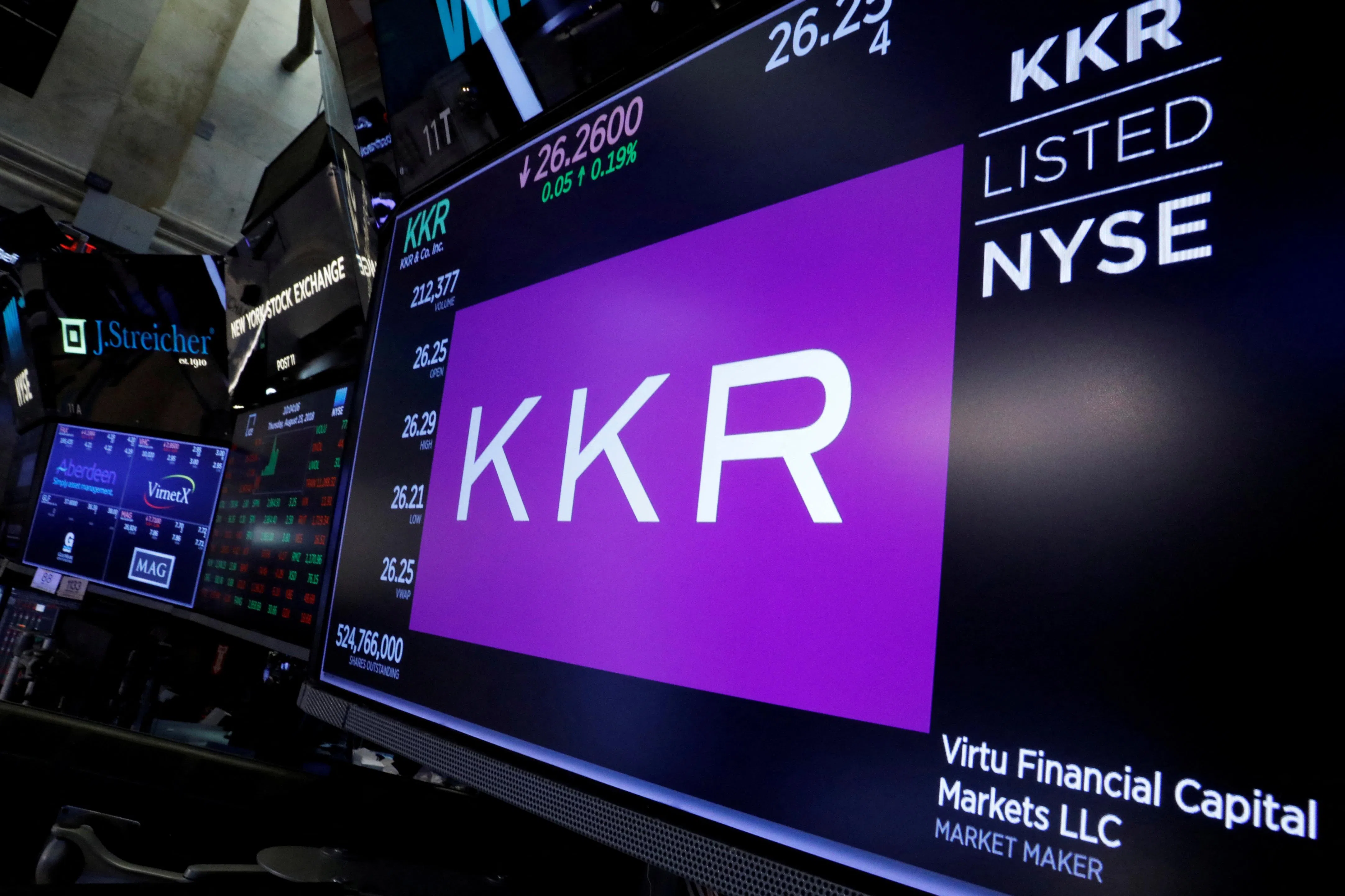KKR & Co, CrowdStrike and GoDaddy will join the S&P 500 as part of its latest quarterly weighting change.
The companies will replace Robert Half, Comerica, and Illumina, said a press statement from S&P Dow Jones Indices on Friday (Jun 7). The changes are set to go into effect prior to the open of trading on Jun 24.
New York-based KKR’s inclusion underscores the massive growth of the private investment business in recent years. KKR, founded in 1976 by Henry Kravis, Jerome Kohlberg and George Roberts, recently laid out a plan to reach at least US$1 trillion of assets under management in five years, in part by courting retirees and individuals. Famous for its private equity moves, the company has expanded across strategies from buyouts and credit to infrastructure, real estate and insurance.
Shares of KKR rose 6.5 per cent in after-hours trading.
Meantime, CrowdStrike and GoDaddy’s additions come as stock investors are flocking towards software companies in a bid to capture the growth of cloud computing and artificial intelligence.
Shares of cybersecurity company CrowdStrike rose 9 per cent in after-hours trading. The stock has more than doubled over the past year to become the second-best performer in the tech-heavy Nasdaq 100 Index, surpassed only by Nvidia.
GET BT IN YOUR INBOX DAILY
Start and end each day with the latest news stories and analyses delivered straight to your inbox.
On Tuesday, CrowdStrike delivered first-quarter earnings that beat Wall Street’s expectations, despite a pullback in spending that has challenged its cybersecurity rivals.
Shares of Web-platform company GoDaddy gained roughly 30 per cent through Friday’s close. Shares rose 4 per cent in after-hours trading on Friday.
To qualify for the S&P 500, companies must be highly liquid US companies with a market capitalisation of at least US$18 billion and meet profitability, liquidity and share-float standards. As at May’s methodology, thresholds for the S&P MidCap 400 Index and S&P SmallCap 600 Index are US$6.7 billion to US$18 billion, and US$1 billion to $6.7 billion, respectively.
Inclusion in the benchmark is becoming more important for companies in a world increasingly dominated by passive investment funds. Furthermore, a spot in the coveted S&P 500 boosts a company’s investor profile and adds to trading liquidity – factors that can potentially propel its stock price higher.
Expulsion from the benchmark can weigh on stock prices, as passive investors are forced to sell the shares and realign with the S&P 500’s new composition. BLOOMBERG






